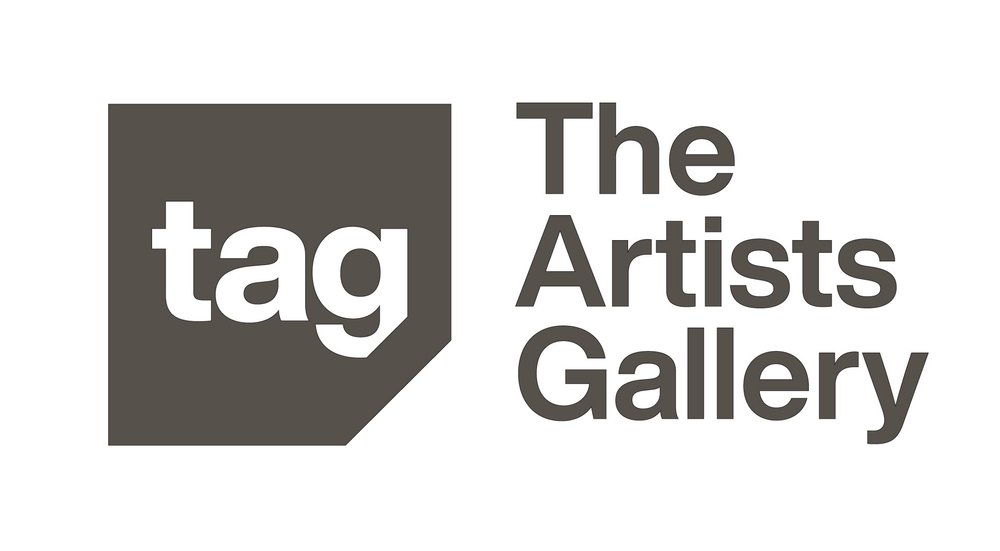About
Adrian Huth started painting in 1996 after graduating from Miami University of Ohio with a degree in Interdisciplinary Philosophy. His works straddle the line between figurative depictions and non-representational abstractions. Adrian utilizes tools from both current digital and traditional painting methods the latter influenced from the AbEx painters of the 50's to the Neo-expressionists of the late 70's and 80's. He is also one of the first artists to embrace the emerging Ai image text to image generators into his process in which he uses prompt developed images to produce compositions. His first solo show was titled "Sky To A Machine" to showcase artworks he created as paintings generated from source material from these Ai tools, what he calls his "sketches“. In addition, Adrian became inspired by his wife utilizing street artist application mechanisms in her own project as Invasive Animal and now makes use of these same tools into his own works with multi-layered compositions incorporating paint markers, dabbers, spray, acrylic and oil paints of which are typically executed on large scale linen canvases. Adrian is currently located in San Diego and his works can be seen in galleries across Southern California and online internationally.
Artist Statement
It has been said that to understand the art of an era you must understand the zeitgeist of the day. Concepts and compositions in my work of the last year have evolved from pandemic challenges of obsessions with "crowds" and the quietude of individual isolation to a pivot of social representation, apocalyptical scenarios, and the continued penetration of human interactions with technology. The daily moral panic of the latter has now challenged my concerns of 'WHAT to paint' to the question of 'HOW to Paint'. Is something "handmade" by a human which a machine could never (say never) accomplish with just a flat screen and pixels make painting more relevant now in a similar way that the camera freed painters to abandon hundreds of years of realism techniques? Has this new technological paradigm made all the earlier calls of the death of painting (in the 70's & 80's & 90's) seem ill-considered? As the current mood of artists denouncing the new "ai artists" as traitors gains momentum I wonder if these new demonstrators are destined to become the modern-day luddites even though some will call them heroes. For myself, I'm more confident than ever that my own and other artists’ expressionism of every mark and brushstroke is what will define this new era of painting by embracing all the tools available. Not as a protest but as a caress.

